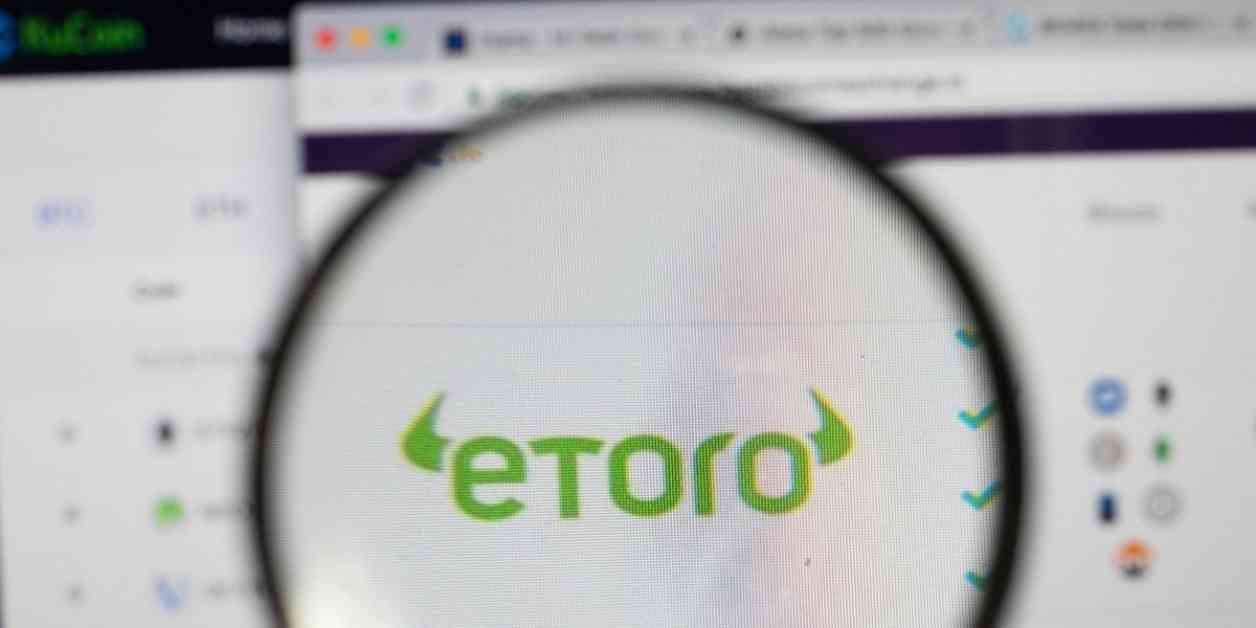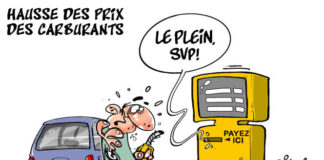Trading platform eToro has reached a settlement with the U.S. Securities and Exchange Commission (SEC) after facing charges of operating as an unregistered broker and clearing agency, as well as facilitating trading in certain crypto assets that are considered securities. The agreement requires eToro to pay a $1.5 million fine and restricts the company to trading just three digital assets: bitcoin (BTC), bitcoin cash (BCH), and ether (ETH). While eToro may not be a major player in the U.S. crypto market with only 240,000 customer accounts compared to Coinbase’s 100 million, the settlement carries significant implications for the regulatory landscape surrounding digital assets.
Legal experts in the digital asset space have weighed in on the implications of the settlement, shedding light on how the SEC views the classification of digital assets as securities. Joseph Tully, a securities litigation lawyer at Tully & Weiss, pointed out that the SEC’s sanction of BTC, BCH, and ETH indicates that these assets are considered commodities rather than securities. However, he emphasized that this designation does not provide comprehensive legal guidance on other digital assets. Drew Hinkes, a Partner with K&L Gates, and Joshua Ashley Klayman, U.S. Head of Fintech and Head of Blockchain and Digital Assets at Linklaters, also highlighted the nuances of the settlement and its implications on the broader regulatory framework.
Bill Hughes, a lawyer at Consensys, and former SEC lawyer Alexandra Damsker expressed contrasting views on the settlement, with Damsker criticizing the decision to settle rather than seek legal clarity through the courts. These diverse perspectives underscore the complexity of regulatory issues in the digital asset space and the challenges faced by companies like eToro in navigating the evolving regulatory landscape.
Implications of the Settlement
The settlement between eToro and the SEC raises important questions about the regulatory oversight of digital assets and the classification of cryptocurrencies as securities. By limiting eToro’s trading activities to just three digital assets, the SEC is sending a clear message about its stance on certain cryptocurrencies. This move could have far-reaching implications for other platforms operating in the crypto space, as regulators continue to grapple with the classification of digital assets and the enforcement of securities laws.
The agreement between eToro and the SEC also highlights the challenges faced by companies operating in the digital asset space, as they navigate a complex regulatory environment that is still evolving. The lack of clear guidance on which digital assets are considered securities and which are not leaves companies like eToro in a precarious position, as they seek to comply with regulations while also innovating in a rapidly changing industry.
Legal Experts’ Perspectives
Legal experts in the digital asset space have offered valuable insights into the implications of the eToro settlement and the broader regulatory landscape surrounding cryptocurrencies. Joseph Tully’s observation that the SEC’s sanction of BTC, BCH, and ETH as commodities provides some clarity on the classification of these assets, but leaves room for interpretation on other digital assets, underscores the need for more comprehensive regulatory guidance.
Drew Hinkes and Joshua Ashley Klayman have emphasized the complexities of the settlement and the limitations of drawing broad conclusions from it. Klayman’s caution against assuming that the Cease and Desist Order will have a significant impact on future enforcement actions underscores the need for a nuanced understanding of regulatory developments in the digital asset space.
Challenges and Opportunities
The eToro settlement serves as a reminder of the challenges and opportunities facing companies operating in the digital asset space. While regulatory clarity is essential for the long-term growth and stability of the industry, the lack of clear guidelines on the classification of digital assets as securities poses a significant hurdle for companies seeking to innovate and expand their offerings.
The differing perspectives of legal experts and former SEC officials on the settlement highlight the complexity of regulatory issues in the digital asset space and the need for a balanced approach to enforcement and compliance. As companies like eToro navigate the regulatory landscape, they must strike a delicate balance between innovation and regulatory compliance to ensure the long-term success of their businesses.
In conclusion, the eToro settlement with the SEC underscores the challenges and opportunities facing companies operating in the digital asset space. The regulatory landscape surrounding cryptocurrencies is complex and evolving, requiring companies to navigate a range of legal and compliance issues. While the settlement provides some clarity on the classification of certain digital assets as commodities, it also raises questions about the broader regulatory framework and the need for comprehensive guidance on the classification of cryptocurrencies as securities. As the industry continues to mature, companies like eToro will need to stay vigilant and adapt to changing regulatory requirements to thrive in a rapidly evolving market.

















